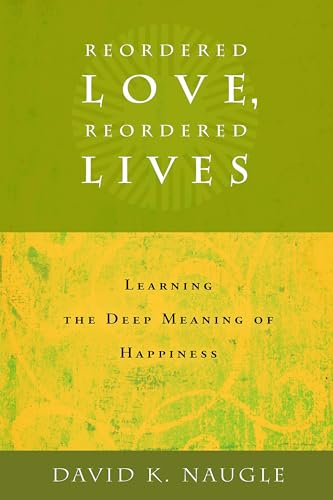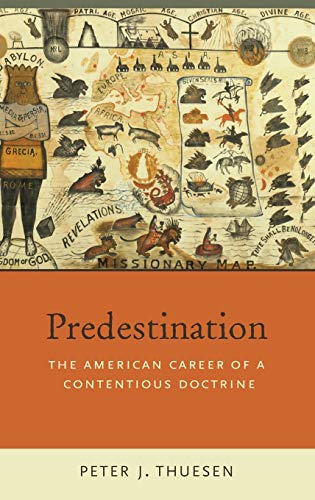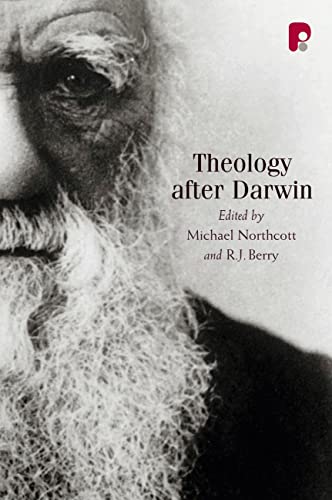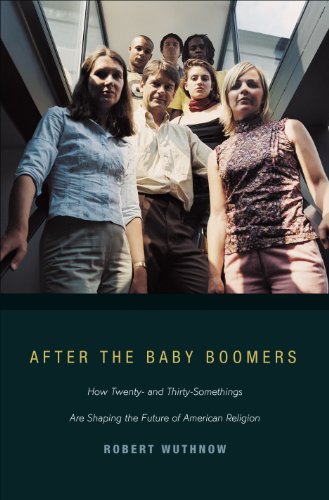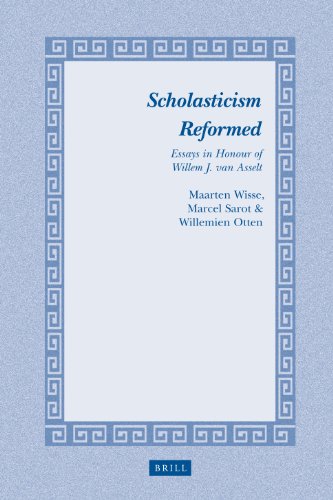The Next Evangelicalism: Releasing the Church from Western Cultural Captivity
Written by Soong-Chan Rah Reviewed By J. Ryan WestSoong-Chan Rah currently teaches at North Park Theological Seminary in Chicago, where he is the Milton B. Engebretson Assistant Professor of Church Growth and Evangelism. Having grown up in America as a second-generation immigrant from South Korea, Rah offers a unique contribution to American evangelicalism from a historically minority point of view. As a former church-planter and current academic, Rah brings theoretical and practical insight to the vital discussion of the changing face of American evangelicalism. He builds upon foundational works in this discussion by seeking to suggest the removal of certain cultural baggage associated with American white evangelicalism and substituting the fuller expression of global Christianity.
Rah begins this work with a helpful introduction in which he discusses his motivation for writing the book, asserts his central thesis, and summarizes his argument, which he faithfully follows throughout the remainder of his text. The central thesis is that the church in America is not dying simply because white evangelicalism is apparently declining, but it is actually healthy and growing among immigrant and ethnic minority communities (p. 14). Rather than the future of leadership resting upon the shoulders of white Westerners, American evangelicalism will reflect its changing composition.
In arguing for this thesis, Rah asserts that the white male culture of America has wrongly captured Christianity for personal gain (p. 22). Rah believes this captivity has three sinful roots: individualism, consumerism and materialism, and racism. Individualism, the idolatrous root of American evangelicalism’s current state, neglects corporate responsibility and leads to a reduced, therapeutic religion (p. 39). Rah then claims American Christianity is captive to the values of consumerism and materialism (p. 49). Racism is a sin invented by American white men to retain control over women and minorities by withholding rightfully leadership due to others (pp. 64–67).
Part 2 discusses three expressions of this cultural captivity of American evangelicalism: the church growth movement and mega-churches, the emergent church movement, and the cultural imperialism of Western, white males. The individualistic pragmatism of white, Westerners shaped the church growth movement and mega-church paradigms, which were eventually applied throughout America and exported by missionaries (pp. 97, 103). The emergent church movement is an expression of American postmodernity with an evangelical spin (p. 109) that enables the white metanarrative to control non-white, non-Western, non-male Christians (pp. 113–14) and betrays postmodernity’s great promise to hear minority voices (p. 119). Concluding this section, Rah argues that imperialistic missionaries transport cultural manifestations of Western, white Christianity rather than contextualizing the gospel.
The book’s third section draws lessons from minority and immigrant Christians for American evangelicalism. From such sources, Western white evangelicals should learn the theology of suffering rather than being limited to the theology of the privileged; they should learn the theology of celebration because God is not only the Lord of abundance, but he is also the God of poverty, suffering, and marginalization (pp. 143–44). Rah eventually advocates holistic ministry rather than the mere salvation of one’s soul, extending to social justice and love to those in need—prostitutes, the homeless, and the oppressed (p. 167).
The Next Evangelicalism contains several strengths, making it a good read concerning future evangelicalism. First, Rah grounds his work in biblical arguments rather than allowing it to become a study bemoaning social injustices. Second, Rah creates a beneficial dialogue between multiracial, theological perspectives such as the theology of celebration and the theology of suffering (p. 153). Another helpful contribution is Rah’s excellent insight concerning the bankruptcy of many popular movements within American Christianity such as the consumeristic pursuits of the church growth movement or the neglected ministry to the urban oppressed in the pragmatic suburban church (pp. 96, 98, 103).
Rah’s insights are certainly intriguing, but they also contain unaddressed questions and unsubstantiated assertions. Rah’s points of strengths discussed above ultimately fall short in substantial ways such as questionable interpretations of prophetic texts in calling for the downfall of Western, white evangelicalism in the same sense of Babylon’s demise (pp. 122–23) and murky discussions of black, feminist, Asian, and Western theology (pp. 77–78). Rah also constructs over-generalized evaluations of Western, white secular culture and evangelicalism without helpful distinctions between the two (pp. 22, 162–63). His poorly “hedged” argument leads to historically misinformed views: racism is an American male invention (pp. 66–67), “evangelicalism” is misused (pp. 125, 160), and Western, white evangelicals are equated with the pre-Reformation papacy (pp. 20–22) and Twentieth-Century theological Liberalism (pp. 42–43). Rah redefines such historical considerations to further his social frustrations with Western, white evangelicalism. Finally, Rah’s poor offering of practical and constructive thought on bringing about a culturally diverse American evangelicalism is glaring. For example, he believes, “what is needed is not merely the collapse of modernity, but the collapse of the Western, white captivity of the American evangelical church” (p. 122). His desire for the collapse of Western, white evangelicalism offers little constructive thought, the only solution becoming the removal of anything white and Western, thus creating an overall disgruntled tone.
While Rah attempts to discuss the next stage of evangelicalism, his pages reveal an unhelpful message: do away with Western, white, and male Christianity; do not celebrate positives within this heritage; and replace it with global Christianity. His apparent disdain for one aspect of historical, American evangelicalism casts a cloud of suspicion over his work, negating potentially positive contributions. This work addresses a necessary topic, but it will likely prove an ineffective book because of Rah’s tone. The simple conclusion to which one arrives is that there are better resources available within this conversation that lack such belligerence.
J. Ryan West
J. Ryan West
The Southern Baptist Theological Seminary
Louisville, Kentucky, USA
Other Articles in this Issue
Most of us, I suspect, develop fairly standard ways, one might even say repetitive ways, to appeal to the motivations of our hearers when we preach the gospel...
How to Write—and How Not to Write—A Review: An Appreciative Response to Reviews of Ancient Near Eastern Themes in Biblical Theology by Dempster and Edgar
by Jeffrey J. NiehausI want to thank Themelios for the unusual opportunity to interact with two reviewers of my book Ancient Near Eastern Themes in Biblical Theology...
Parallels, Real or Imagined? A Review Article of Jeffrey J. Niehaus, Ancient Near Eastern Themes in Biblical Theology
by William EdgarWhen I came to Westminster Theological Seminary in Philadelphia as a young student in the 1960s, two things struck me...
Why Evangelicals Should Ignore Brian McLaren: How the New Testament Requires Evangelicals to Render a Judgment on the Moral Status of Homosexuality
by Denny BurkIn 2006 on Christianity Today’s leadership blog, Pastor Brian McLaren urged evangelical leaders to find a “Pastoral Response” to their parishioners on the issue of homosexuality...
A Member of the Family or a Stranger? A Review Article of Jeffrey J. Niehaus, Ancient Near Eastern
by Stephen DempsterWe cannot overstate how important knowing the context is for understanding the significance of any communication, whether that is a simple word, sentence, paragraph, larger text, sign, photograph, or cultural cue...



